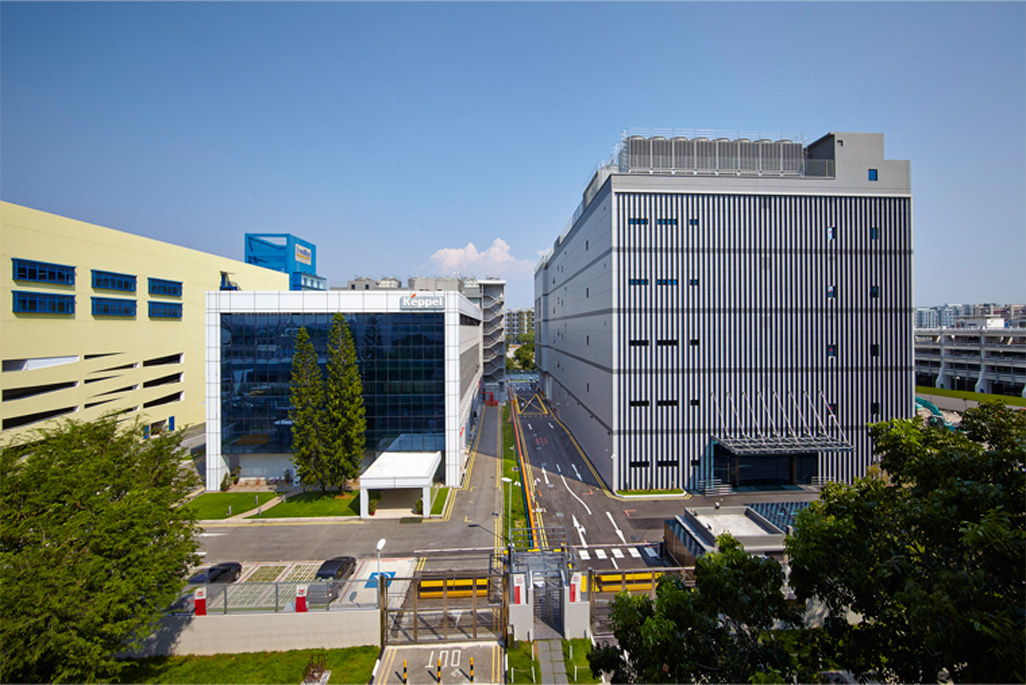
Keppel Data Centres Holding (a company wholly owned by Keppel Corporation, a multi-sectoral group listed on the Singapore Stock Exchange with activities in the maritime, shipbuilding, infrastructure and other sectors) has signed separate agreements with the logistics group Toll Group (Japan Post Group) and Dutch Royal Vopak to study the feasibility of a project related to a floating data centre and an LNG-to-power infrastructure aimed at decarbonising its operations.
Unlike traditional cold ironing with electricity supply in ports for the supply of moored ships, the study involves the production of electricity with LNG without absorption from the local distribution network. A similar application has been underway since 2015 in the port of Hamburg, Germany, where the Hummel LNG Hybrid barge (READ more here), built by Becker Marine Systems, supplies LNG electricity to ships at anchor. The barge also performs a backup service for the local electricity grid.
According to the protocols of understanding, Keppel Data Centres and the Toll Group will study the development of a floating data centre near the Loyang offshore base managed by Toll Group while Keppel Data Centres and Vopak will conduct a technical and commercial feasibility study for local utilisation of LNG, and possibly also of hydrogen in the future, to be used in electricity generation.
The data processing parks consume significant quantities of energy and require constant cooling of the technical rooms, in particular in the tropics as in the case of the Keppel Data Centre.
With growing global digital demand, the floating data park concept would free up valuable land for other urban uses, making it particularly interesting for the city of Singapore.
Furthermore, electricity generation with LNG would also eliminate dependence on the national grid while the cold energy generated by the re-gasification of LNG would help alleviate the cooling load of the Data Centre, significantly reducing its CO2 emissions.
In October 2019 Keppel Data Centres entered into an agreement with the Faculty of Engineering of the National University of Singapore (NUS Engineering) and with the Singapore LNG Corporation (SLNG) to develop an innovative, technically and economically efficient technology for cooling the data centres.
In Singapore, data processing absorb 7% of national electricity consumption, of which 37% is used for cooling IT equipment.
Source: NGVJOURNAL
 EN
EN  it
it

